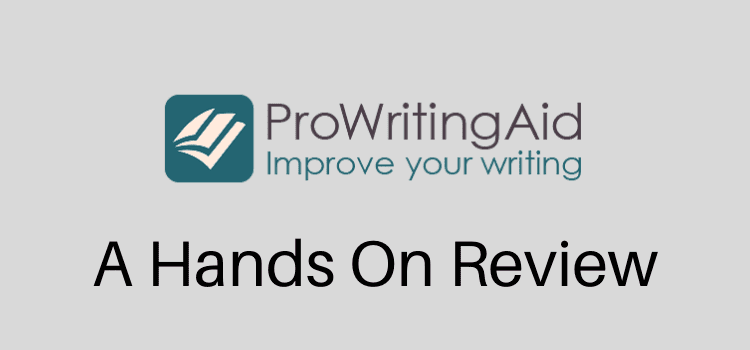
When it comes to writing in present perfect vs. past simple, it often depends on which side of the Atlantic you live.
The simple past tense is more common in US English, while the present perfect is used more in British English.
Of all the tenses in English, these are the two verb tenses that differentiate the two forms of the English language.
There is no right or wrong use, but there is, of course, a subtle change in meaning between the two.
Differences between simple past vs. present perfect
Both tenses talk about actions and events that occurred before now.
Past simple is often called the storytelling tense because it relates totally to past situations.
It has no relationship with current or future events.
On the other hand, writing in the present perfect takes past actions and events and can relate them in unfinished time to a result in the present.
You can use it to express experience, expectations, or an effect on the present.
The structure uses the present auxiliaries, have or has.
The auxiliary is followed by the past particle, which is past.
It is why the perfect form talks about things in the past that have a relationship with the present.
However, in many instances, the two tenses are interchangeable as long as the context is clear.
Let’s look at some examples.
When you can use either tense
When you are expressing a recent past action, both tenses are similar in meaning.
I went to the supermarket and did my weekly shopping.
I’ve been to the supermarket and done my weekly shopping.
Julia took her exam and hoped she did well.
Julia has taken her exam and is hoping she does well.
Mark went to Spain and had a great vacation.
Mark has been to Spain and had a great vacation.
There is almost no difference between the three example sentence pairs.
You could choose to use either form, but US writers would probably select the past form more frequently.
When only past simple is possible
We use the past simple, which is sometimes called the preterite, when an event cannot be repeated or when the subject or object is fixed in finished time.
Think here, particularly about the deceased or past time periods.
Elvis Presley made a lot of movies in the 60s.
The early years of the twentieth century saw the advent of aviation.
When I was a kid, I loved playing with my electric train.
My first boyfriend, Richard, played for the college football team.
I learned to speak French when I was a child because I grew up in Paris.
It is the most common tense in story writing in all forms of English.
You will notice that almost all of the narrative uses the simple past when you read fiction novels.
When only the present perfect is possible
If you are referring to an unchanged state, and particularly when using static verbs, there is often no option.
I have known Paul for years.
This says that you know Paul and that he is still alive and well.
I knew Paul for years.
Using the past simple here would indicate that Paul is either dead or no longer in your life.
I have been sick for weeks.
It says that the subject was sick and is still sick.
I was sick for weeks.
In this form, the subject has recovered and is not sick now.
When you are writing a novel, you will use the present perfect, mostly in dialogue, when it is necessary.
Summary
For authors, your choice of tense use will depend on your version of English.
You will certainly use both. But for US writers, you will probably opt for past simple unless there is a necessity to use present perfect.
For British, Australian, South African, and Indian writers, you will almost certainly use the present perfect much more often.
In both cases, though, it is always a good idea to consider your tense use when you check your first draft.
One reason to do this is to add more variety to your sentence structures to avoid repetition.
You don’t need to go overboard.
But if you find that your structures are a little repetitive, you could think about changing the tense in a few sentences.
Related reading: What Is The Past Perfect Tense And How Do You Use It In Writing?




My advice to writers in any country is don’t try to write in present tense. Not for a whole novel. Even Dickens only used it in the occasional chapter for effect.
Wonderful advice. I use past simple tense most often with a smattering of present perfect. Variety is important. I find myself falling into patterns, so reading aloud helps.
I am from the US.